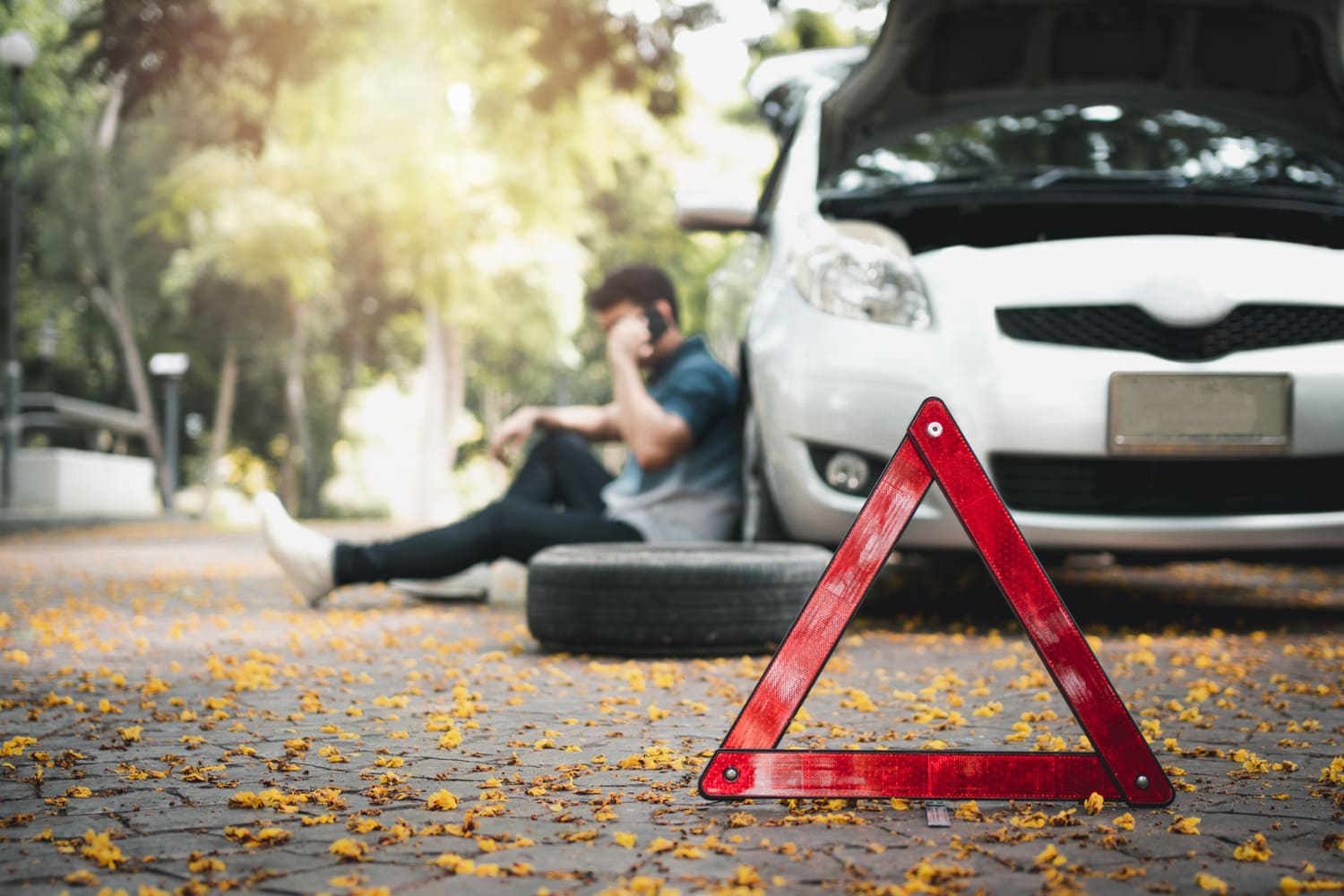The first priority in any car breakdown is safety, such as pulling over as far to the right side of the road as possible and well away from traffic. Ensure you are not stopped in an area with limited visibility or on a bridge/overpass. Turn on your hazard lights and, if at night, shine a warning triangle, flares, or flashlight 300 meters behind your vehicle to alert other drivers. Stay inside the vehicle with your seatbelt on if you feel it is safe to wait there for help. Keep your doors locked until help arrives.
Assess the Situation
Once safely stopped, take a few moments to carefully assess the situation before taking any actions. Check fluid levels, tire pressure, and battery terminals, and look under the hood for any obvious issues. Be aware of any unusual noises, smells, or dashboard warning lights. Refer to your owner’s manual for guidance on basic troubleshooting steps and what could be causing common problems. Often, the difficulty is something simple like a loose fuel cap or dead battery that, with the right tools or supplies, you may be able to remedy on the roadside quickly. Take note of when the problem first started occurring, which could help identify the cause.
Calling for Help
If after assessing, you are unable to diagnose or resolve the problem yourself, your next step is to call for assistance. In BC, you have a few options available for emergency roadside help. The most well-known options are calling *268 if you have a BCAA membership, contacting ICBC’s Road Assistance program by dialing 1-800-665-6306 for help regardless of insurance provider, or calling CAA if you are a member. Be prepared to clearly communicate your location using landmarks, highway names/numbers, or GPS coordinates so help can easily find you. Let the dispatcher know if, for safety reasons, you would feel more comfortable waiting inside your locked vehicle rather than at the roadside. They can dispatch appropriate assistance.
Prepare for a Breakdown
While waiting can never be guaranteed, being prepared with essential items makes lengthy roadside delays much safer and more comfortable. All drivers should keep the following in their vehicle: charged mobile phone and charging cable, portable battery pack or power bank, 1L of water per person, non-perishable snacks, reflective safety triangles or road flares, jumper cables suitable for your vehicle size, basic tool kit, flashlight and extra batteries, first aid kit, warm layers, blankets, seasonal gloves/hat. Extra supplies like water, food, and blankets take up little space but provide security if help is delayed due to traffic, weather, or remote location.
Remote Area Driving
For those travelling regularly in remote regions of BC with limited cell service, a higher level of self-sufficiency is important. Consider packing additional items like maps of the area, a satellite communication device, extra fuel supply in an approved container, basic spare parts like belts/hoses for your vehicle, a tire repair kit, written plans shared with others of your route and estimated return time. Checking weather forecasts prevents being caught in storms. Taking a complete repair kit and supplies acknowledges the cell service limitations of the highway network.
Tow Truck Arrival
Follow the dispatcher’s instructions once help is reached by phone and remain near your locked vehicle. Be prepared to show identification, such as your driver’s license, vehicle registration, and insurance, upon the service provider’s arrival. Tow operators can then assess the problem to determine if a tow, jump start, fuel delivery or other assistance is required to get your vehicle mobile again. They will transport you and your vehicle either to the nearest repair shop for a mechanic to evaluate or directly home if a minor fix is possible. Your insurance coverage dictates repair options depending on the problem.
Want Training? Call Us Today!
The driving experts at Atlas Driving School emphasize how routine vehicle maintenance checks with a professional mechanic and acquiring basic repair knowledge can prevent breakdowns or reduce their severity.
Taking a beginner automotive course empowers drivers to successfully handle small issues before needing a tow. Recognizing warning signs early allows calmer responses in stressful situations.
Contact Us: Vancouver, Surrey, Langley, New Westminster, Richmond

